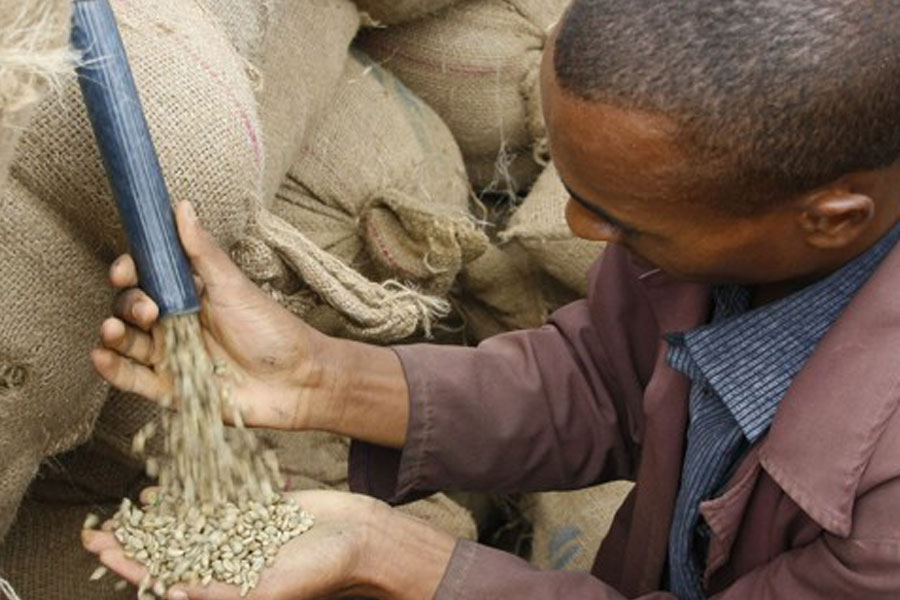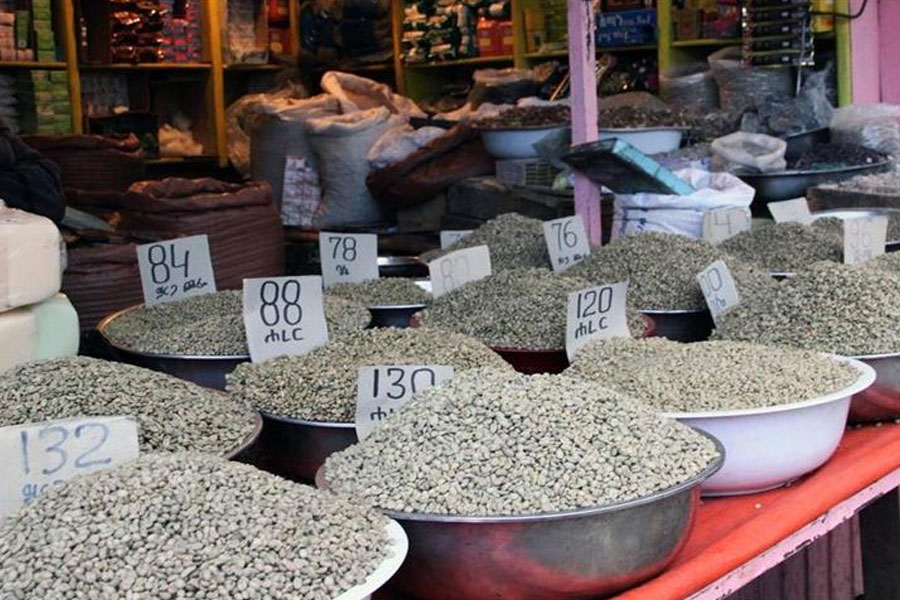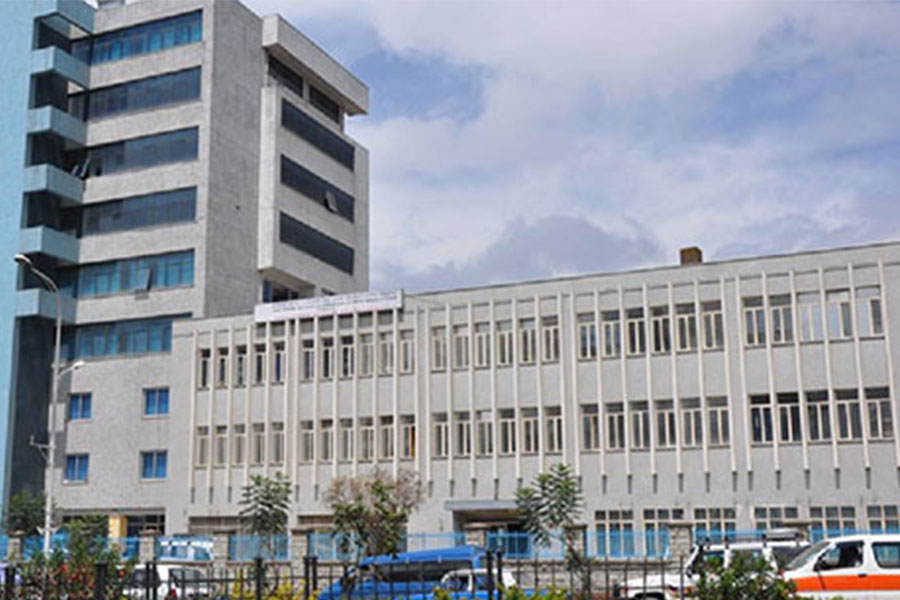
Radar | Jun 24,2023
Jan 19 , 2019
By BERHANE HAILEMARIAM ( FORTUNE STAFF WRITER )
Oromia Regional State suspended four tanneries in Modjo from operating until they build secondary wastewater treatment plants.
The Oromia Environment Forest & Climate Change Authority ordered Colba, Hora, Jianxin Zhang and East Africa tanneries to build biological treatment plants within six to eight months at their respective factories. The treatment plants are estimated to cost between 15 million Br and 20 million Br each.
The factories were given 15 days to process hides they have already bought and then cease operations. The suspension comes following inspection results the federal and regional environmental authorities conducted on the tanneries as to their environmental compliance.
"The factory owners have been given continuous feedback and held a series of discussions with the environmental authorities to bring their discharges to the acceptable level," said Abeje Tariku, public relations and communication senior officer at the Authority.
All the tanneries have primary wastewater treatment plants that filter and treat most of the hazardous chemicals and heavy metals before discharging into the rivers.
Secondary, or biological, wastewater treatment plants use micro-organisms, primarily bacteria, to further clean the discharge. These micro-organisms convert biodegradable organic matter contained in wastewater into simple substances that are safe to the natural and human environments.
The tanneries use chemicals such as chromium, which have harmfull effects on humans, animals and the environment, according to the Authority’s assessment.
The management of the tanneries understand the importance of treating the waste but prefer either an extension to the 15-day limit or to remain operational throughout the construction of the secondary treatment plants.
"We have purchased up to 200,000 raw hides from different regions following the Ethiopian Christmas that are on their way to the factory," said Mohammed Nur, production manager of the decade-old Hora Tannery, which is waiting for a response from the Commission on the matter.
“They will go to waste if we do not put them to good use in due time,” Mohammed adds.
Hora Tannery has already procured the machinery needed for the biological treatment plant and are awaiting customs clearance.
Another of the tanneries, Jianxin Zhang, which was established in 2012, has completed 90pc of the civil work for the treatment plant and is processing a letter of credit for the procurement of machinery.
The Ethiopian Leather Industry Association, which comprises 70 manufacturers of leather and leather-related products, is lobbying the Ministry of Trade & Industry and the Authority for an alternate solution that will keep the tanneries operational.
"We have drawn up a proposal to convince the Authority to allow the construction of the treatment plants without the suspension of their operations," said Tatek Yirga, head of the Association and owner of Batu Tannery.
Belay Woldeyes (Prof), a lecturer at Addis Abeba University's School of Chemical & Bio-Engineering, agrees that the installation of the plant is necessary to reduce the hazardous chemical effects to a minimum level.
“Developed countries require certified and environmentally-friendly leather products that have passed all processes of standard environmental requirements,” he says. "For this to be realised, the leather industry needs to use up-to-date technology, well-trained professionals and a well-organised regulatory body.
PUBLISHED ON
Jan 19,2019 [ VOL
19 , NO
977]

Radar | Jun 24,2023

Radar | May 13,2023

Fortune News | Mar 25,2023

Fortune News | Sep 21,2019

Radar | Aug 17,2025

Fortune News | Aug 19,2023

Fortune News | Jul 18,2021

Radar | Dec 11,2021

Advertorials | Jul 31,2024

Fortune News | Dec 10,2018

Dec 22 , 2024 . By TIZITA SHEWAFERAW
Charged with transforming colossal state-owned enterprises into modern and competitiv...

Aug 18 , 2024 . By AKSAH ITALO
Although predictable Yonas Zerihun's job in the ride-hailing service is not immune to...

Jul 28 , 2024 . By TIZITA SHEWAFERAW
Unhabitual, perhaps too many, Samuel Gebreyohannes, 38, used to occasionally enjoy a couple of beers at breakfast. However, he recently swit...

Jul 13 , 2024 . By AKSAH ITALO
Investors who rely on tractors, trucks, and field vehicles for commuting, transporting commodities, and f...

Oct 25 , 2025
The regulatory machinery is on overdrive. In only two years, no fewer than 35 new pro...

Oct 18 , 2025
The political establishment, notably the ruling party and its top brass, has become p...

Oct 11 , 2025
Ladislas Farago, a roving Associated Press (AP) correspondent, arrived in Ethiopia in...

Oct 4 , 2025
Eyob Tekalegn (PhD) had been in the Governor's chair for only weeks when, on Septembe...